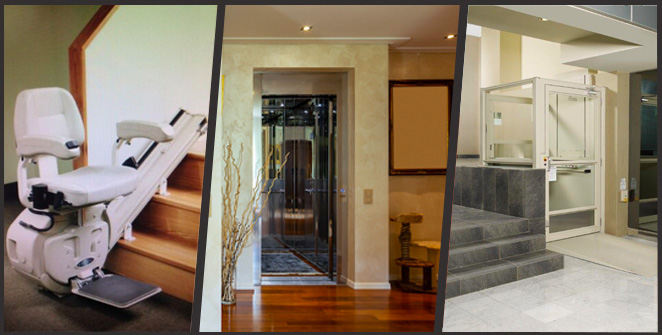When it comes to enhancing your home with a residential elevator, choosing the right one can seem like a daunting task. With so many factors to consider, it’s important to understand your options and make an informed decision that best suits your needs, home layout, and budget. Whether you’re looking for an elevator to improve accessibility, convenience, or aesthetic appeal, this comprehensive guide will walk you through the key considerations you should take into account when selecting the perfect residential elevator for your home.

Space Requirements
Before selecting an elevator, it’s important to evaluate the available space in your home. Residential elevators can be installed in various locations, but the space you have will determine the type of elevator that fits.
Consider the following:
- Shaft Space: Most residential elevators require a dedicated shaft or elevator pit. Measure the dimensions of the area where you plan to install the elevator to ensure the system fits properly. If space is limited, there are smaller models or shaftless elevators available that can fit into tight spaces.
- Headroom: Ensure there is enough headroom to accommodate the elevator’s operation. Some models may require additional space above the elevator for the mechanical system.
- Floor Plan: Think about where the elevator will be placed in relation to other rooms and hallways. Consider the impact on your home’s flow and design. Elevators that travel between multiple floors may need a central location for easy access.
Elevator Styles and Designs
Residential elevators come in a variety of styles, each designed to fit different needs and aesthetics. Understanding the different types of elevators available will help you choose the one that best suits your home’s design and functionality requirements.
- Hydraulic Elevators: These are powered by hydraulic systems that lift the elevator using fluid pressure. They are reliable, quiet, and smooth, but they may require a machine room and additional space for the hydraulic pump.
- Vacuum Elevators: These are sleek, modern, and require no machine room. They operate using air pressure, making them energy-efficient and quiet. However, they may be best suited for homes with limited space or a contemporary design.
- Shaftless Elevators: For smaller homes or spaces where a traditional elevator is not feasible, shaftless elevators are a great option. These can be installed without the need for a traditional elevator shaft, making them a practical solution for homes with limited space.
Customization Options
One of the most exciting aspects of residential elevators is the ability to customize the design and features to match your home’s style and your personal preferences. Some customization options to consider include:
- Interior Design: Elevators can be outfitted with a variety of finishes, such as wood paneling, glass, mirrors, and stainless steel. You can choose the materials and color schemes that complement your home’s interior design.
- Doors and Entryways: Elevators come with different door options, such as sliding or hinged doors, which can be customized to fit the space and style of your home.
- Control Panels: Modern residential elevators often come with intuitive control panels. Some allow for the addition of touchscreens or smart-home integration, letting you control the elevator remotely from your smartphone or home automation system.
Cost Factors
The cost of a residential elevator can vary widely depending on factors like the type of elevator, customization options, installation requirements, and additional features. Generally, the cost of installation can range from several thousand dollars to tens of thousands, with ongoing maintenance fees.
Here are some cost-related considerations:
- Installation Costs: Depending on the complexity of the installation (such as needing a machine room, additional space, or structural changes), installation costs can increase.
- Maintenance: Regular maintenance is essential to keep your elevator functioning smoothly. Budget for ongoing maintenance costs, including inspections and service calls.
- Warranty: Ensure that the elevator comes with a comprehensive warranty that covers both parts and labor, so you can protect your investment.
Regulations and Safety
Before installing a residential elevator, check with local authorities regarding building codes and regulations. Some areas have specific requirements for elevator installations to ensure safety. Work with a reputable installer who is familiar with local codes and can ensure your elevator meets all safety standards.
Conclusion
Choosing the right residential elevator involves a careful balance of space, style, functionality, and budget. By considering your home’s layout, the type of elevator that suits your needs, customization options, and costs, you can find the perfect elevator to add value, convenience, and accessibility to your home. With the right elevator, you’ll enjoy enhanced mobility, increased home value, and a touch of luxury that makes everyday life a little easier.
If you’re ready to explore your options and find the perfect fit for your home, Mowrey Elevator is here to help. Contact us today to discuss your needs and discover how we can help you make the right choice.
